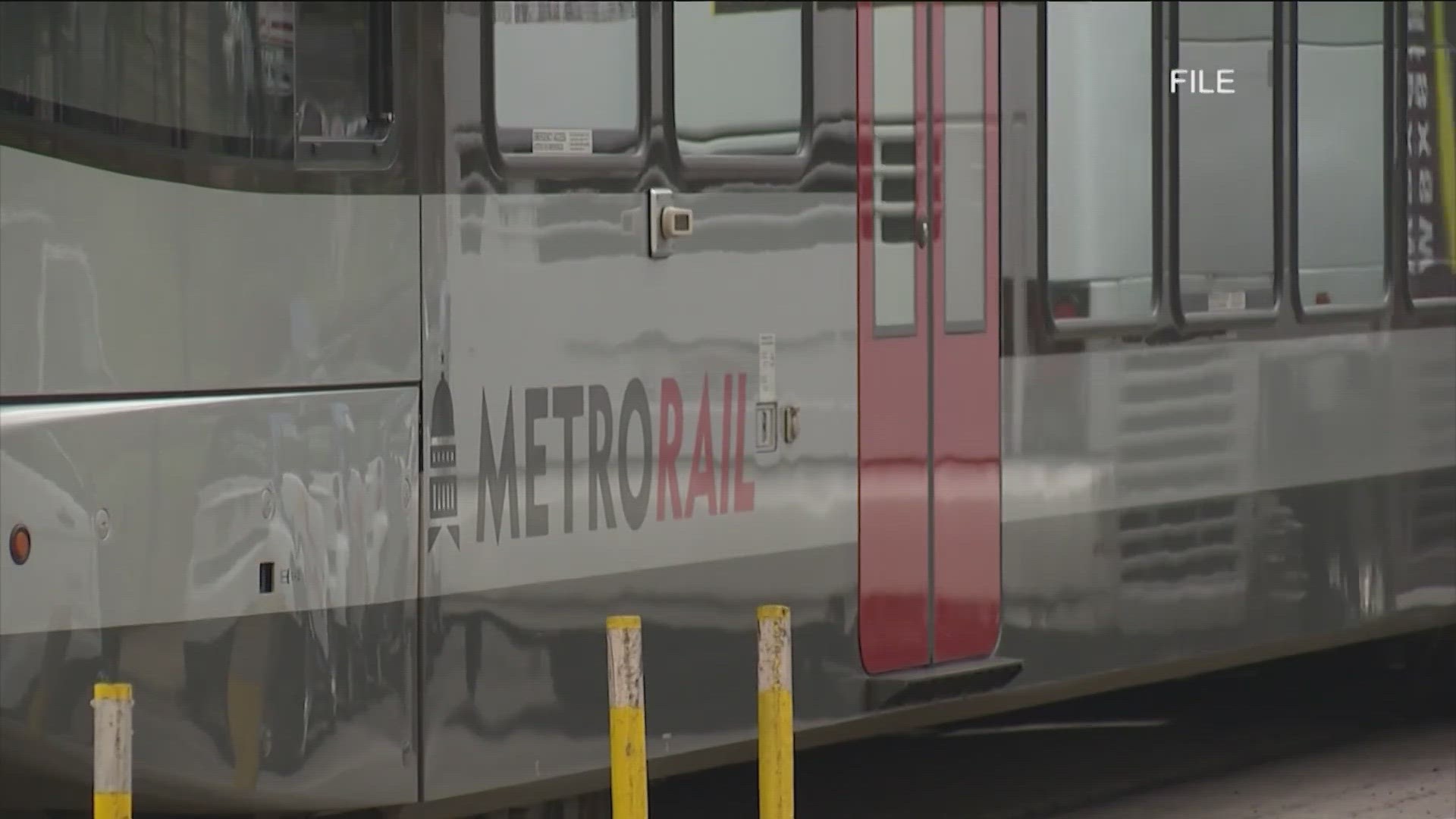AUSTIN, Texas — At the Capitol on Wednesday, a House committee heard testimony for the first time on a legislative proposal that could possibly derail Project Connect.
Texas House Rep. Ellen Troxclair’s House Bill 3899 relates to “comprehensive development agreements of the Texas Department of Transportation.” As it applies to the City of Austin, should the bill pass and become law, the City would need voter approval before furthering debt for projects such as Project Connect.
"It's only three pages," Rep. Troxclair (R-Lakeway) said during before the House Pensions, Investments and Financial Services Committee. "I really wish people would read it."
In November 2020, Austin voters approved Project Connect, a high-capacity transit system expansion, which includes light rail lines, a downtown subway, an expanded bus system and park-and-rides. As first presented to voters, Project Connect would cost $5.8 million, but costs for the project skyrocketed by more than 60% and it is now estimated to cost $11.6 billion.
Lawmakers took notice of the epic increase, but the Austin Transit Partnership — an independent entity the City and the Capital Metro Transportation Authority created to carry out the project — said it is committed to scaling back the project to reach initial cost estimates.
Troxclair has a number of bills targeting the City of Austin. The six lawmakers trying to rein in this project, in particular, are calling their legislation the "No Blank Checks Act."
Troxclair, a former Austin City Council member now in her first legislative session as a state lawmaker, has bipartisan support. HB 3899 is co-authored by Rep. Richard Peña Raymond (D - Laredo), Rep. Greg Bonnen (R -Friendswood), Rep. Morgan Meyer (R - Dallas) and Rep. Dustin Burrows (R - Lubbock).
The House bill also has a sister bill in the Texas Senate, filed by Sen. Paul Bettencourt (R-Houston), Senate Bill 1791.
HB 3899 would require voter approval before the City invests more taxpayer dollars into Project Connect.
It's been noted that this could derail Project Connect. If the bill passes and becomes law, a vote would be held later this year, where the the outcome would determine whether voters would allow further debt for the transportation project. If voters say yes to taking on a certain amount of more debt, the project moves forward. This process would repeat if the City wanted to add another round of additional debt for Project Connect.
If voters said no to the additional debt, hope for the light rail could come to a stop.
The funding model for the Austin Transit Partnership relies on issuing debt and then paying it down with the tax revenue. Restricting access to debt would cause a delay in the project and, possibly, end it.
The House committee hearing began at 8 a.m., and by 7 p.m., lawmakers were still hearing testimony and debating over Troxclair's HB 3899.
Ultimately, the bill was left pending.

